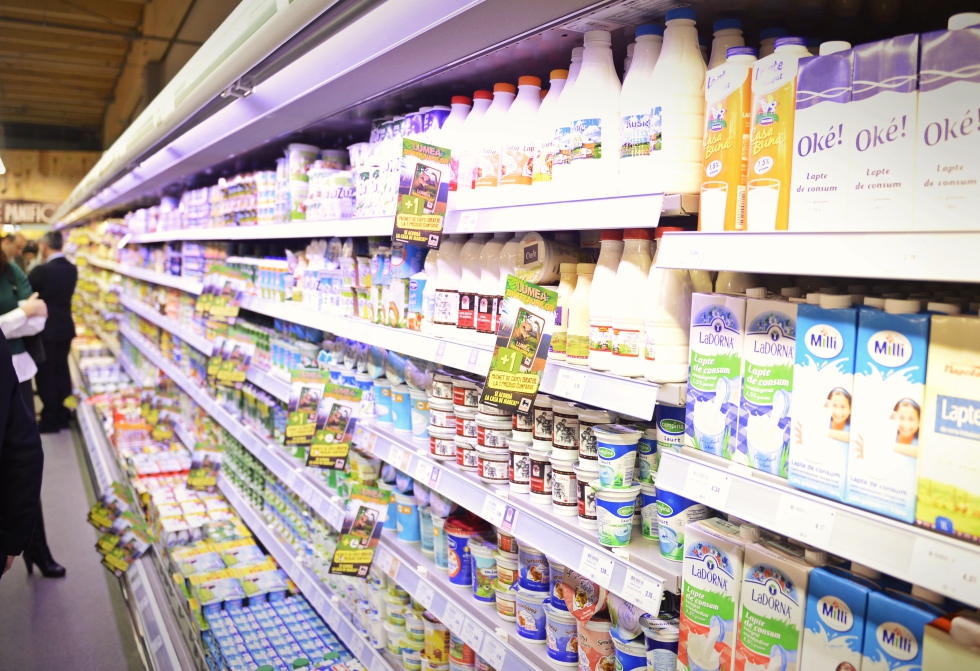However, the rules do not seem to include milk or products which are 75% milk. Milk alternatives, such as products based on soya or almonds, also appear to be excluded.
The regulations will require medium and large businesses, including those with 50 or more employees, phase out their offering of multi-buy promotions such as ‘buy one get one free’ or ‘3 for 2’ offers on restricted products. Less healthy promotions will also no longer be allowed to feature in key locations, such as checkouts, store entrances, aisle ends and their online equivalents. Free refills of sugary soft drinks will also be banned in the eating-out sector. Following consultation with the industry, the government has made the decision to push back the implementation date from April 2022 to October to allow businesses enough time to prepare. The rules will be enforced by local authorities who can issue fines for non-compliance.Which foods are considered unhealthy?
There is a two-stage process to define what products are included in the restrictions. The two-step process aims to ensure the restrictions apply to the products of most concern to childhood obesity while allowing the healthiest products within categories to be excluded.First, the products will only be subject to the restrictions if they are in a narrowed set of categories listed in the regulations.
If a product falls into one of these categories, then the second stage is to apply the 2004 to 2005 Nutrient Profiling Model (NPM). If a food products scores four or above or a drink product scores one or above, it will be considered high in fat, sugar and salt and not able to be promoted. The regulations build on the Sugar Reduction Programme which challenges manufacturers to revise and reformulate their products to reduce the amount of sugar they contain.Fighting Britain's obesity crisis
Obesity is one of the biggest health crises the UK faces as almost two-thirds (63%) of adults in England are overweight or living with obesity and one in three children leave primary school overweight or obese. Obesity-related illnesses cost the NHS £6 billion a year. Public Health Minister Jo Churchill said: "The Covid-19 pandemic has brought into sharp focus the impact that an unhealthy weight can have on people’s health. We know families want the healthy choice to be the easy choice, and restricting promotions on unhealthy foods will help them achieve this.We want to support everyone to eat healthier foods more regularly and this starts with helping supermarkets and manufacturers promote healthier food choices lower or free from HFSS [high in fat, sugar and salt], to support families to make healthier choices."These restrictions will come into force from October 2022. I look forward to working together with everyone to ensure that for families a healthy option is the easy option when shopping." Further action as part of the government’s obesity strategy to get the nation fit and healthy will see the introduction of mandatory calorie labelling in restaurants, cafes and takeaways from April 2022 and restrictions for the advertising of products which are high in fat, sugar and salt being shown on TV before 9:00p.m and online coming into force at the end of 2022.

